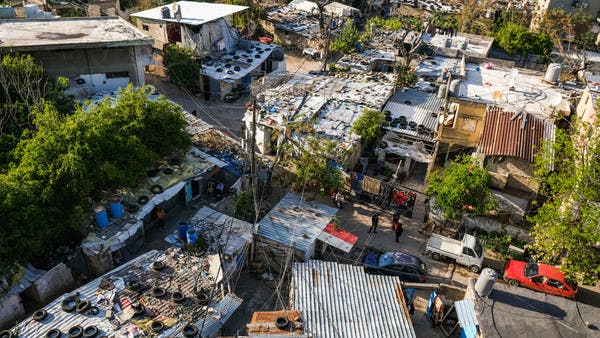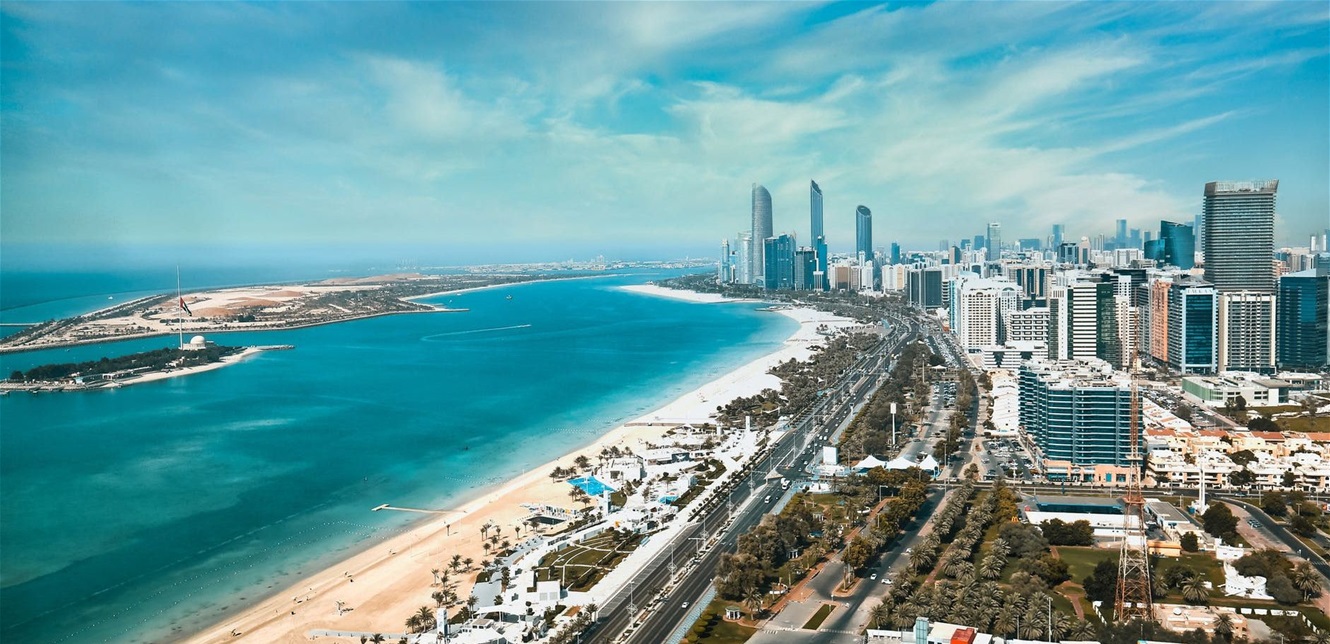The United States announced Wednesday that it will provide $ 80.5 million in food aid and solar-powered water pumping stations to crisis-ridden Lebanon.
The announcement was made by the head of the US Agency for International Development, Samantha Power, during a visit to Lebanon before a trip to Egypt to attend the UN’s COP27 climate conference.
During the visit, Power will meet with Lebanese political leaders to press for a solution to the country’s political vacuum and implement a list of political and economic reforms required by the International Monetary Fund for a $ 3 billion aid package.
The cholera epidemic spreads in Lebanon
The visit comes at a time when Lebanon is experiencing the worst economic and financial crisis in its modern history. On 31 October, President Michel Aoun’s 6-year term ended without a replacement being elected.
But Power declined to disclose whether US assistance would be conditional on Lebanon taking these measures.
“We don’t focus on what will happen if those reforms don’t happen,” he told The Associated Press. “Reforms must happen”.
Power added that the prospect of an agreement with the International Monetary Fund “should be enough to put an end to the infighting and quarrels and do what is necessary for the good of the country.”
So far, the US Agency for International Development has provided about $ 260 million to Lebanon in 2022.
On Wednesday, Power announced an additional $ 72 million in food aid for 650,000 people in five months as part of a $ 2 billion global food security initiative.
Lebanon, which relies heavily on imported food and has historically imported most of its grain from Ukraine and Russia, is facing growing food security problems in the wake of the Russian war in Ukraine.
Power also announced $ 8.5 million to fund 22 new solar-powered water pumping stations. Lebanon is facing a suffocating electricity crisis which has also led to water shortages due to the lack of electricity in pumping stations.
The lack of public water supply has led to the spread of cholera, the first outbreak in Lebanon in three decades.
Most Lebanese now rely on water transported by private suppliers, whose safety is often not tested.


